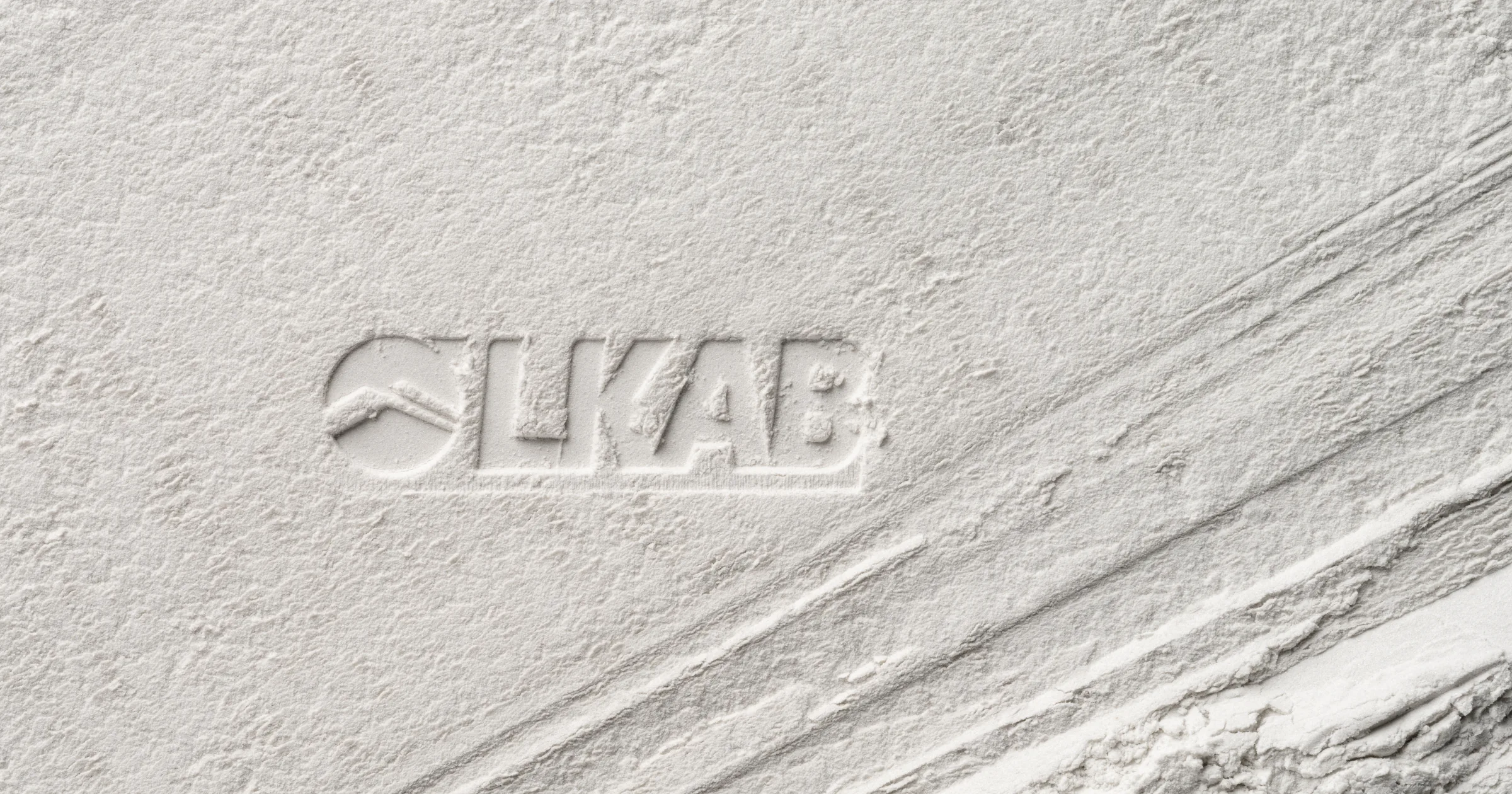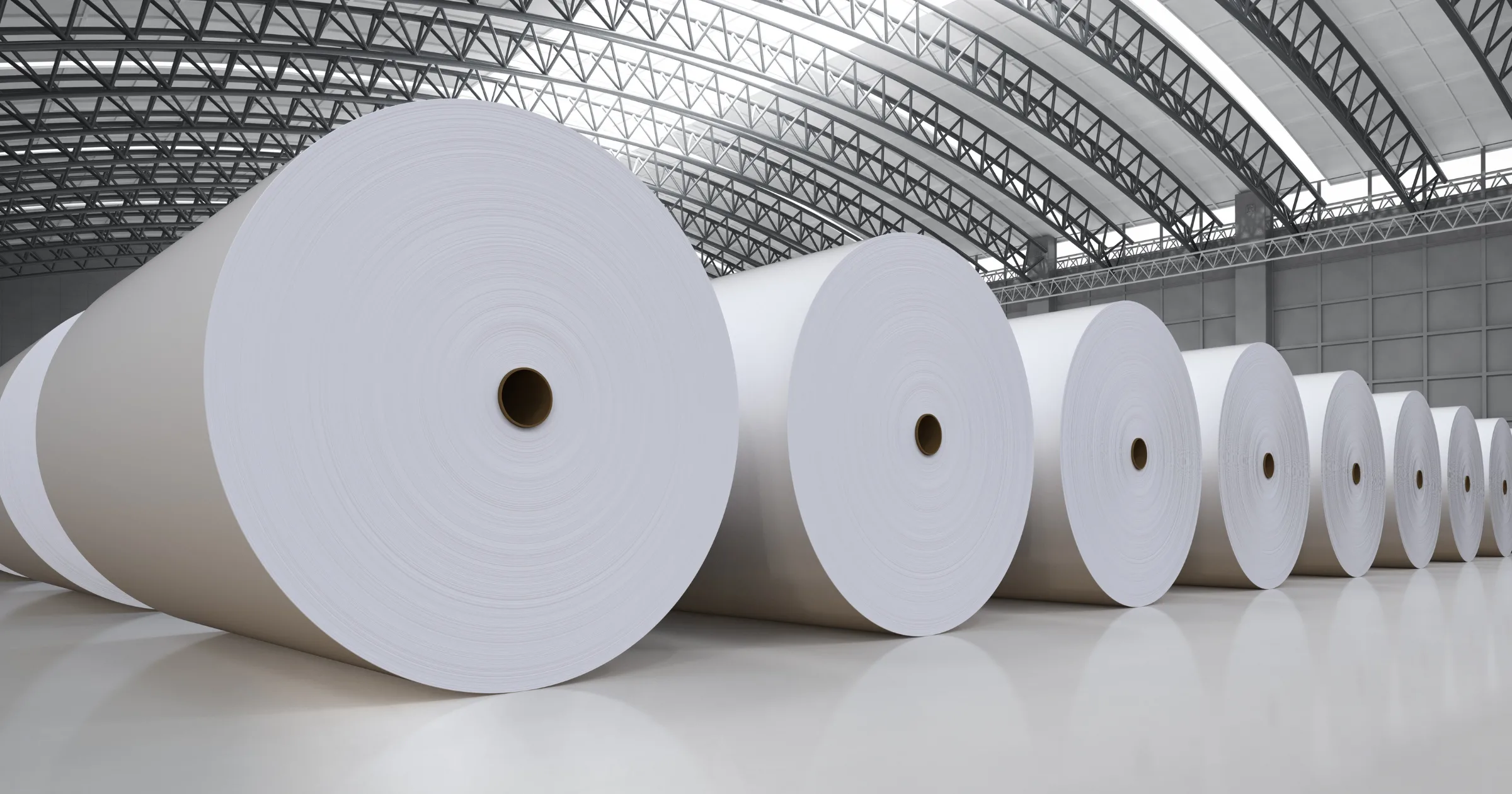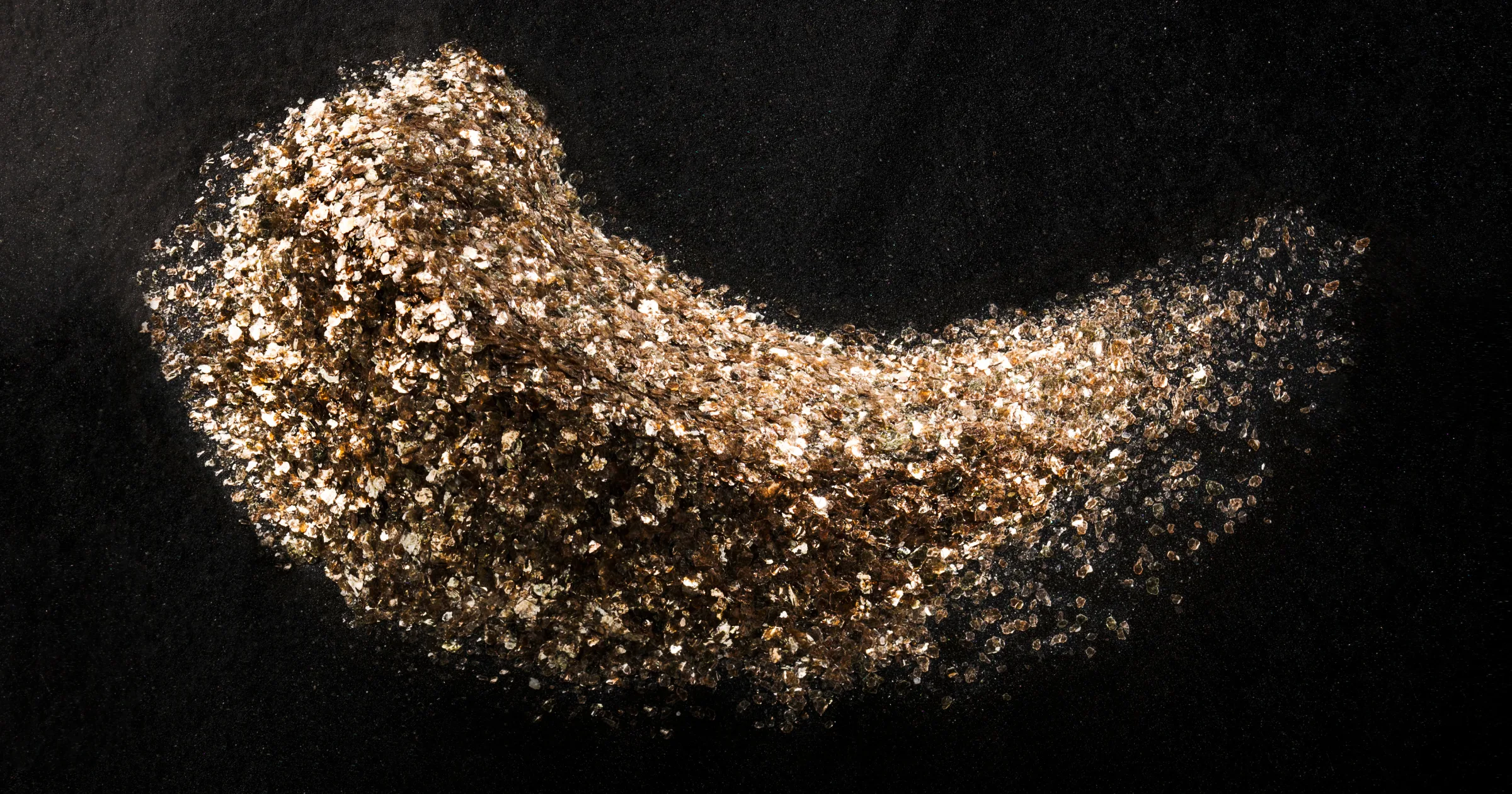Industrial applications of Talc powder
Talc powder is one of the most versatile industrial minerals available today. Mined in various forms and milled into a fine white or grey powder, Talc has a unique combination of physical and chemical properties that make it valuable across a wide range of industries. From improving the strength of plastics to enhancing the feel of cosmetics and ensuring the smooth finish of coatings, talc’s industrial applications are both varied and essential.
At LKAB Minerals, we supply high-quality Talc powders that meet the performance requirements of numerous sectors. In this blog, we’ll explore the key uses of Talc in industrial environments and highlight the benefits that make it a go-to mineral for manufacturers worldwide.

Talc in the plastics industry
One of the largest consumers of talc powder is the plastics industry. Talc acts as a functional filler and reinforcement agent in thermoplastics such as polypropylene, polyethylene, and polyamides.
In plastic production, Talc improves dimensional stability, reduces shrinkage, and enhances heat resistance. This is particularly valuable in the automotive industry, where plastic parts must endure high temperatures and mechanical stress without deforming. Talc-filled plastics are also easier to process, leading to more efficient manufacturing cycles.
Additionally, Talc’s platy structure allows it to increase the stiffness of plastics while reducing weight, making it a key material in light-weighting strategies aimed at improving fuel efficiency in vehicles.
Talc for paints and coatings
Talc is widely used in the formulation of paints, coatings, and primers due to its ability to enhance coverage, improve suspension, and boost weather resistance. Its natural hydrophobicity helps reduce moisture permeability, making it ideal for exterior coatings that need to resist humidity and corrosion.
In coatings, Talc contributes to:
- Improved matting effects and anti-settling properties,
- Enhanced scrub and stain resistance,
- Better adhesion to substrates.
Its lamellar (plate-like) structure also gives Talc excellent barrier properties, protecting surfaces from environmental stress and extending the lifespan of coatings.
Talc in paper manufacturing
While its use has declined slightly in traditional paper applications, Talc remains important in specialised paper products. Talc functions as a pitch control agent, helping to absorb sticky resins and impurities from recycled fibres during paper processing.
Talc also improves the smoothness, opacity, and printability of paper. In higher-grade paper and board applications, it ensures better ink adhesion and surface finish, particularly important for packaging, publishing, and printing sectors.

Talc for agriculture and animal feed
Talc’s moisture-absorbing properties make it suitable as an anti-caking and flow aid in fertilisers and animal feed. In granular fertilisers, Talc prevents clumping and ensures even spreading. In feed manufacturing, it helps improve pellet quality and flowability during storage and handling.
As a natural, inert material, Talc is safe for use in agricultural applications and often contributes to more efficient product delivery systems.
Talc in ceramics
Talc is a key ingredient in ceramic formulations, especially for wall tiles, floor tiles, sanitary ware, and tableware. It acts as a flux, lowering the firing temperature of ceramic bodies and improving vitrification.
In ceramics, Talc enhances:
- Thermal shock resistance,
- Dimensional stability during firing,
- Surface smoothness and finish.
This makes it a valuable material in the production of high-quality tiles and other fired products where aesthetic and mechanical performance are important.
Talc for rubber products
In the rubber industry, Talc functions as a processing aid and reinforcing filler. It is commonly used in automotive, industrial, and consumer rubber goods to improve tear resistance, surface finish, and ageing properties.
Talc’s natural lubricity also helps prevent sticking during moulding processes, improving output and reducing downtime.
Personal care and industrial hygiene
Talc has long been used in personal care products like baby powder and cosmetics for its softness and ability to absorb moisture. In industrial settings, Talc can be used as a dry lubricant or anti-stick agent in rubber and plastic manufacturing.
Due to regulatory changes and consumer preferences, industrial-grade Talc is specifically formulated and tested for non-personal care uses, ensuring safety and compliance with international standards.

Environmental responsibility and consistent mineral supply
At LKAB Minerals, we offer high-purity Talc sourced from carefully managed deposits. Our Talc products are processed to deliver consistent particle size and mineral purity, making them suitable for demanding industrial applications.
As environmental consciousness becomes increasingly important across industries, talc remains a responsible choice. It is naturally occurring, non-toxic, and energy-efficient to process, making it a low-impact additive that supports performance without compromising environmental standards.
Talc powder’s wide-ranging industrial applications stem from its unique mineralogical properties. Whether it’s reinforcing plastics, improving the quality of coatings, or supporting efficient agriculture, talc continues to be a fundamental material across multiple sectors.
If you are looking for a reliable Talc mineral supplier or need technical advice for your formulation, get in touch with our experts today. We are here to help you find the best mineral solution for your needs. To explore our full range of products, visit our product page, and follow us on LinkedIn to stay updated with our latest news and developments.




